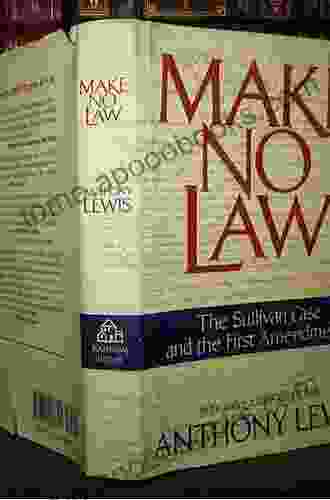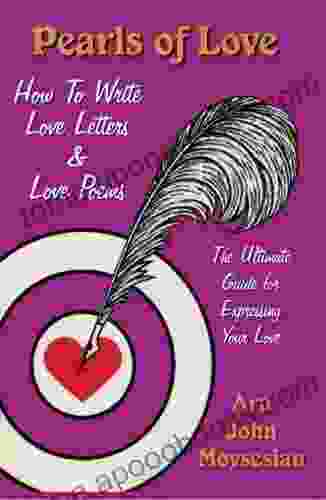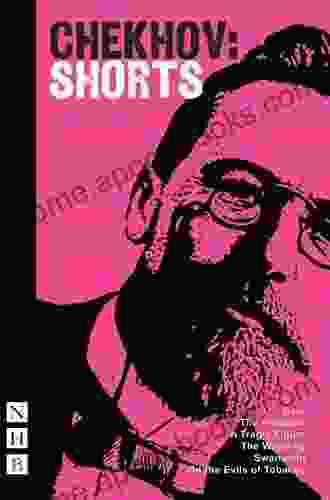The Sullivan Case: A Watershed Moment for the First Amendment

In the annals of American jurisprudence, the Sullivan case stands as a monumental landmark that transformed the legal landscape of free speech and press. This pivotal Supreme Court case reshaped the understanding of libel and defamation laws, providing unprecedented protection to journalists and public figures. Through a meticulous examination of the case's historical context, legal arguments, and far-reaching consequences, this article unravels the complexities of the Sullivan case and its profound impact on the First Amendment.
Background
The Sullivan case emerged from a series of articles published in The New York Times in 1960, which exposed police brutality and racial discrimination in Montgomery, Alabama. L.B. Sullivan, the Montgomery city commissioner, filed a libel suit against The New York Times, claiming that the articles contained false and defamatory statements about him.
4.5 out of 5
| Language | : | English |
| File size | : | 1229 KB |
| Text-to-Speech | : | Enabled |
| Enhanced typesetting | : | Enabled |
| Word Wise | : | Enabled |
| Print length | : | 369 pages |
| Screen Reader | : | Supported |
Legal Arguments
At the heart of the Sullivan case lay the competing interests of protecting individual reputations and safeguarding freedom of speech and press. The legal battle centered on the First Amendment's guarantee of free expression, which, however, had been historically constrained by libel laws.
The New York Times' defense team, led by renowned attorney Alexander Bickel, argued that the First Amendment required the protection of robust public debate, even when such debate involved criticism of public officials. They maintained that the city commissioner was a "public figure" who had to tolerate a higher level of scrutiny and criticism than private individuals.
Landmark Ruling
In a landmark 9-0 decision in 1964, the Supreme Court ruled in favor of The New York Times. Justice William Brennan, writing for the Court, established the "actual malice" standard, which requires a public figure to prove that a defamatory statement was made with "knowledge that it was false or with reckless disregard of whether it was false or not."
This ruling significantly raised the bar for successful libel suits against public figures, thereby protecting journalists and media outlets from being stifled by the threat of legal action. The Court recognized the vital role of a free press in informing the public and holding those in power accountable.
Impact and Implications
The Sullivan case had a profound impact on American society and jurisprudence. It strengthened the First Amendment's protection of free speech and press, encouraging robust public discourse on matters of public concern.
The "actual malice" standard has become a cornerstone of defamation law, ensuring that public figures cannot use libel suits to silence criticism and suppress dissenting voices. This protection has fostered a vibrant and independent press, which plays a critical role in a democratic society.
Moreover, the Sullivan case has implications beyond the realm of media law. It has influenced the interpretation of other First Amendment rights, such as the right to petition the government and the right to assemble. The "actual malice" standard has also been applied in cases involving hate speech and corporate speech.
The Sullivan case stands as a testament to the enduring power of the First Amendment and the tireless efforts of those who champion freedom of speech and press. The "actual malice" standard it established has created a strong foundation for protecting public discourse, ensuring that vital information can be shared and debated without fear of retribution.
As we navigate an increasingly complex and interconnected world, the principles enshrined in the Sullivan case remain more relevant than ever. They remind us of the importance of robust public debate, the protection of dissenting voices, and the indispensable role of a free press in a democratic society.
By delving into the intricacies of the Sullivan case, we gain a deeper appreciation for the First Amendment and its enduring significance in shaping our nation's values and ensuring the continued vitality of our democracy.
4.5 out of 5
| Language | : | English |
| File size | : | 1229 KB |
| Text-to-Speech | : | Enabled |
| Enhanced typesetting | : | Enabled |
| Word Wise | : | Enabled |
| Print length | : | 369 pages |
| Screen Reader | : | Supported |
Do you want to contribute by writing guest posts on this blog?
Please contact us and send us a resume of previous articles that you have written.
 Book
Book Novel
Novel Page
Page Chapter
Chapter Text
Text Story
Story Genre
Genre Reader
Reader Library
Library Paperback
Paperback E-book
E-book Magazine
Magazine Newspaper
Newspaper Paragraph
Paragraph Sentence
Sentence Bookmark
Bookmark Shelf
Shelf Glossary
Glossary Bibliography
Bibliography Foreword
Foreword Preface
Preface Synopsis
Synopsis Annotation
Annotation Footnote
Footnote Manuscript
Manuscript Scroll
Scroll Codex
Codex Tome
Tome Bestseller
Bestseller Classics
Classics Library card
Library card Narrative
Narrative Biography
Biography Autobiography
Autobiography Memoir
Memoir Reference
Reference Encyclopedia
Encyclopedia Aya Ling
Aya Ling H Terrell Griffin
H Terrell Griffin Aven Ellis
Aven Ellis Asia Monique
Asia Monique Marie Moore
Marie Moore Grant Gillard
Grant Gillard Ayesha Siddiqa
Ayesha Siddiqa Ava Mcarthur
Ava Mcarthur Ray Yao
Ray Yao Carolyn B Stone
Carolyn B Stone Elisabeth Charpentier Leuxe
Elisabeth Charpentier Leuxe Avianna Lemonier
Avianna Lemonier Mary Ting
Mary Ting Augustin Stucker
Augustin Stucker Rod Pennington
Rod Pennington Artis Henderson
Artis Henderson April Aasheim
April Aasheim Anthony Delstretto
Anthony Delstretto B A Schulte
B A Schulte Autumn Reign
Autumn Reign
Light bulbAdvertise smarter! Our strategic ad space ensures maximum exposure. Reserve your spot today!
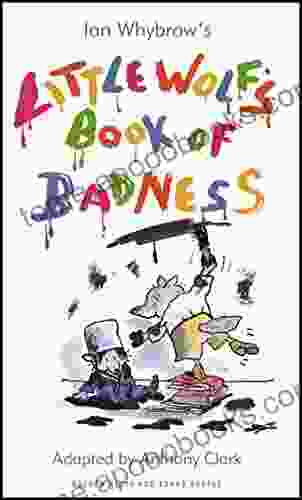
 Floyd RichardsonUnveiling the Enchanting World of "Adopted" by Ian Whybrow: A Literary...
Floyd RichardsonUnveiling the Enchanting World of "Adopted" by Ian Whybrow: A Literary...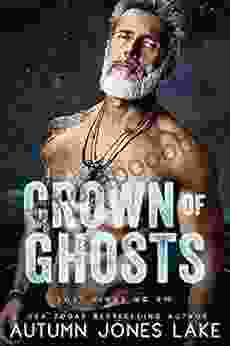
 Nathaniel HawthorneUnveil the Secrets of the Lost Kings MC in Crown of Ghosts: A Gripping Tale...
Nathaniel HawthorneUnveil the Secrets of the Lost Kings MC in Crown of Ghosts: A Gripping Tale... George Bernard ShawFollow ·2.1k
George Bernard ShawFollow ·2.1k Mason PowellFollow ·17.2k
Mason PowellFollow ·17.2k Ian McEwanFollow ·4.4k
Ian McEwanFollow ·4.4k Jaden CoxFollow ·10.8k
Jaden CoxFollow ·10.8k Theodore MitchellFollow ·13.9k
Theodore MitchellFollow ·13.9k Gerald BellFollow ·5.7k
Gerald BellFollow ·5.7k Tom ClancyFollow ·19.1k
Tom ClancyFollow ·19.1k Jason HayesFollow ·13.6k
Jason HayesFollow ·13.6k

 Gabriel Garcia Marquez
Gabriel Garcia MarquezLad Dog Baby Professor: The Perfect Book for Your Child
Lad Dog Baby...

 Fredrick Cox
Fredrick CoxAn Excerpt With Fifty Ways To Help Animals Promo Books:...
: Embracing Animal...

 Kelly Blair
Kelly Blair5th Grade US History: Famous US Authors: Fifth Grade...
Step into a captivating world of historical...
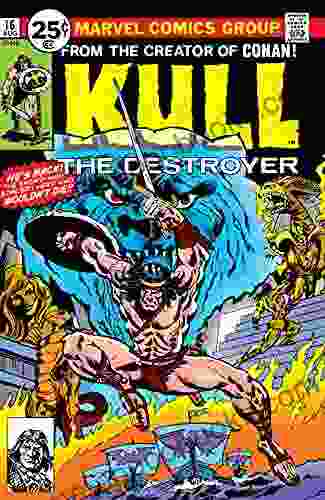
 Natsume Sōseki
Natsume SōsekiKull the Destroyer: A Timeless Tale of Sword and Sorcery
The Creation of a...

 Jim Cox
Jim CoxDas Ist Supertoll: Unlocking the Magic of German for Kids
Immersive Learning with...

 Bruce Snyder
Bruce SnyderUnlock the World of Quilting for Kids: Discover "Quick...
Are you ready to embark on a delightful...
4.5 out of 5
| Language | : | English |
| File size | : | 1229 KB |
| Text-to-Speech | : | Enabled |
| Enhanced typesetting | : | Enabled |
| Word Wise | : | Enabled |
| Print length | : | 369 pages |
| Screen Reader | : | Supported |


